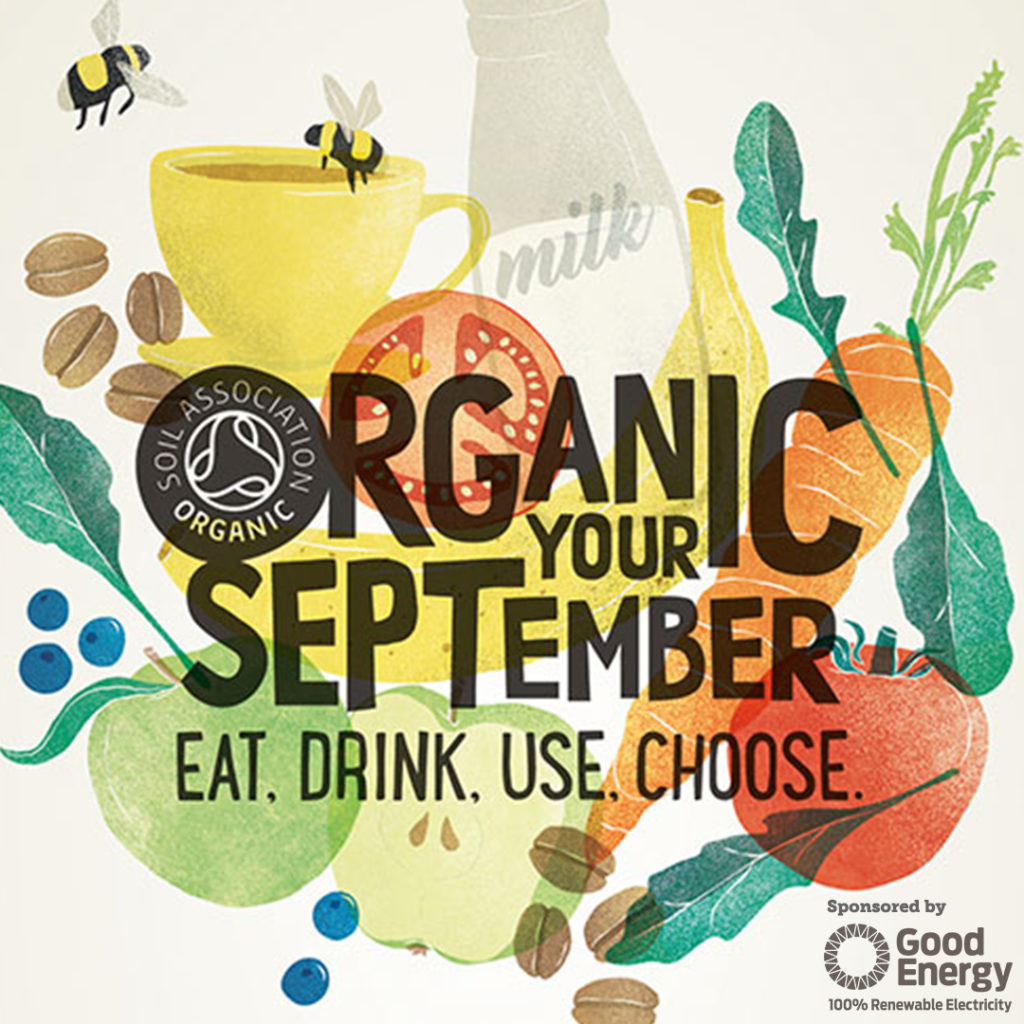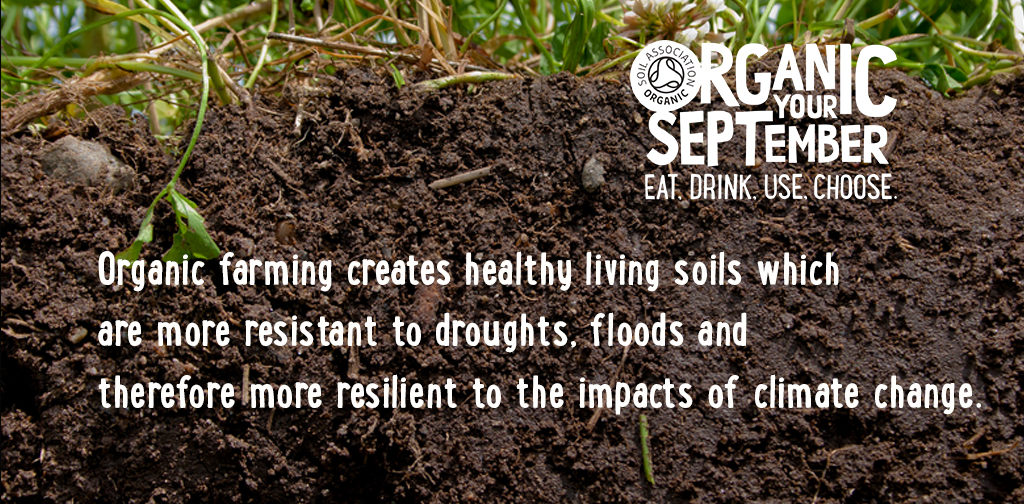We’re in the midst of Organic Your September, a campaign run by the Soil Association to persuade us to buy organic. But why should we? Organic product is often more expensive and, regarding clothing, can be more difficult to get. Anyway, isn’t it just a marketing tool playing on a middle class fear of deadly chemicals? A luxury for those who can afford it?
Dr. Husband is a born cynic and sceptic particularly to the term organic. So I’m writing this post, in part, to try to explain to him why I think buying organic cotton is always the better option.
It is better for the people growing it.
Sadly, up to 77 million cotton workers suffer poisoning and skin reactions to pesticides every single year. If the harmful chemicals are removed from the process, it makes the working environment safer all involved.
It Creates Less Pollution
Organic cotton production is 98% less polluting than normal production. This is vital as cotton is grown in countries where clean water is scarce. Just remember, it takes 2720 litres of water to make a T Shirt, which is the amount we drink in a 3 year period. Gasp. Also, because farmers are able to rotate their crops, the soil is much healthier in organic cotton production, which leads to higher yields. This is essential in regions where there is a shortage of food. Plus the farmers aren’t reliant on one crop for their income.
Say Goodbye To Multinationals
An unbelievable 95% of cotton seed farming in India is controlled by one GM company. These farmers are then completely dependent, on this company, for their livelihoods. If they can avoid pesticides, this reduces their production costs and debts. According to the Soil Association, the burden of pesticide debt has resulted in thousands of suicides in the developing world.
Save Our Planet
We only have one earth, and I think it’s our job to look after it. In short, organic farming helps to lock CO2 into the soil, so mitigating climate change. Big tick.
It’s Better For Us
The reality is thousands of toxic chemicals are used in the production of non organic cotton, many which are classified as hazardous by the World Health Organisation. We don’t actually know what long-term impact this will have on our health….. But as a society we’re not renowned for making the wisest choices when it comes to fashion. A love of red and white make up in the 18th century resulted in a high incidence of lead poisoning. Ok, maybe an extreme example but point made.
So, over the next few weeks I’ve decided to feature some of the best of the current organic clothing and beauty brands currently available. So watch this space…
Facts in this article from, The Soil Association, Fashion Revolution and Gather & See




Found this very informative. I will try to shop more responsibly.
Essential reading!
Author
Thanks x